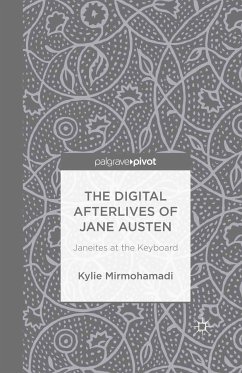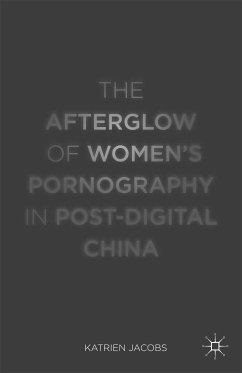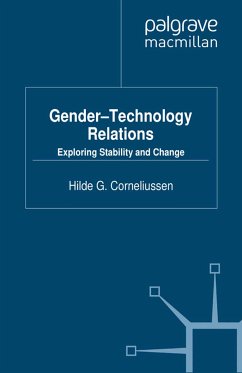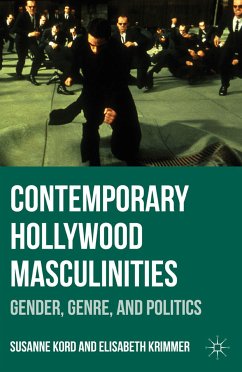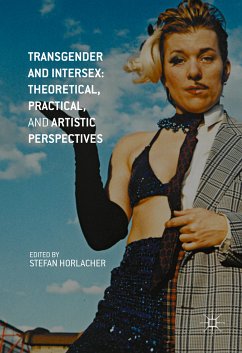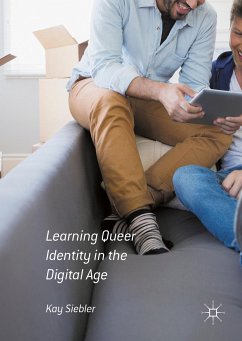
Learning Queer Identity in the Digital Age (eBook, PDF)
Versandkostenfrei!
Sofort per Download lieferbar
72,95 €
inkl. MwSt.
Weitere Ausgaben:

PAYBACK Punkte
36 °P sammeln!
This book explores, through specific analysis of media representations, personal interviews, and historical research, how the digital environment perpetuates harmful and limiting stereotypes of queerness. Siebler argues that heteronormativity has co-opted queer representations, largely in order to sell goods, surgeries, and lifestyles, reinforcing instead of disrupting the masculine and feminine heterosexual binaries through capitalist consumption. Learning Queer Identity in the Digital Age focuses on different identity populations (gay, lesbian, transgender) and examines the theories (queer, ...
This book explores, through specific analysis of media representations, personal interviews, and historical research, how the digital environment perpetuates harmful and limiting stereotypes of queerness. Siebler argues that heteronormativity has co-opted queer representations, largely in order to sell goods, surgeries, and lifestyles, reinforcing instead of disrupting the masculine and feminine heterosexual binaries through capitalist consumption. Learning Queer Identity in the Digital Age focuses on different identity populations (gay, lesbian, transgender) and examines the theories (queer, feminist, and media theories) in conjunction with contemporary representations of each identity group. In the twenty-first century, social media, dating sites, social activist sites, and videos/films, are primary educators of social identity. For gay, lesbian, bisexual, transgendered, and transsexual peoples, these digital interactions help shape queer identities and communities.
Dieser Download kann aus rechtlichen Gründen nur mit Rechnungsadresse in A, B, BG, CY, CZ, D, DK, EW, E, FIN, F, GR, HR, H, IRL, I, LT, L, LR, M, NL, PL, P, R, S, SLO, SK ausgeliefert werden.




